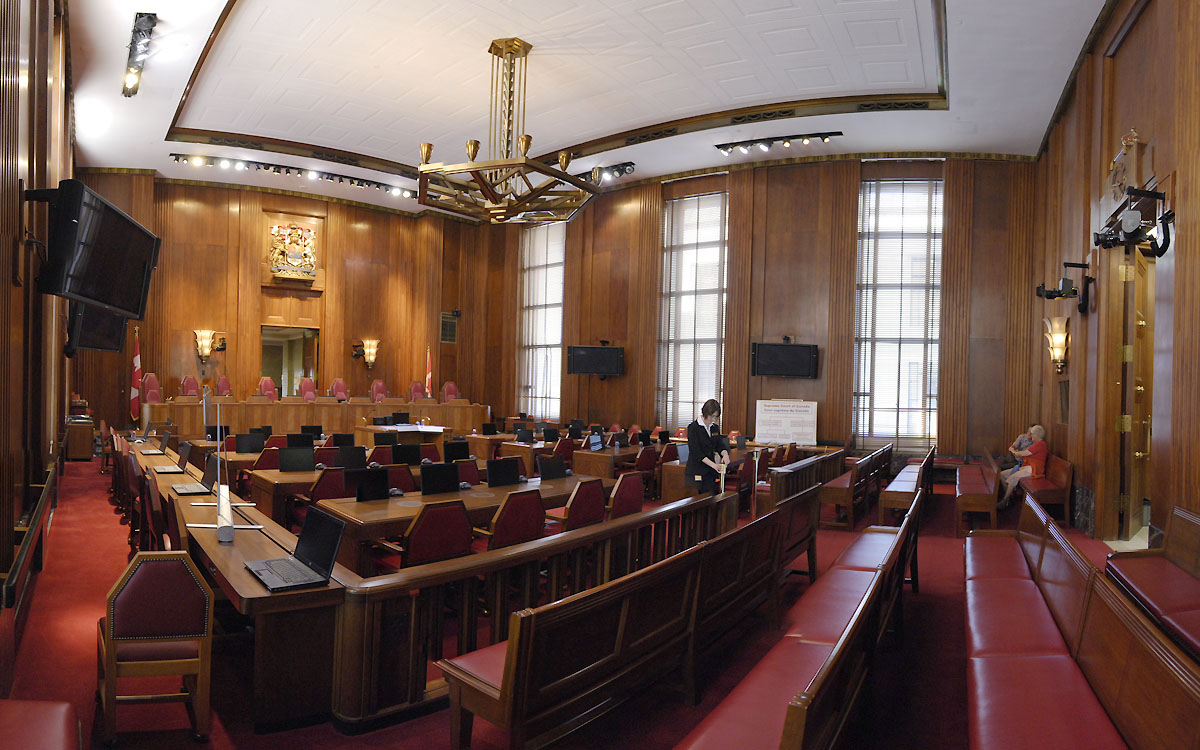
TORONTO—Long-term expats denied the right to vote in federal elections expressed delight Thursday after the Supreme Court of Canada said it would take on their case.
At issue is part of the Canada Elections Act that disenfranchises citizens who have lived abroad for longer than five years.
“The time has come to restore expats’ right to vote from abroad,” said Jamie Duong, one of the plaintiffs in the case.
Duong and Gillian Frank, both of whom live in the United States, challenged the constitutionality of the legislation, enforced only under the previous Conservative government of Stephen Harper.
They initially won before the Ontario Superior Court of Justice in 2014, but the government appealed and the province’s top court overturned the ruling in a split decision last July, prompting the plaintiffs to turn to Supreme Court.
During the election campaign last fall, the Liberals under Justin Trudeau indicated they would take another look at the ban, citing a goal of encouraging more voting rather than less.
Frank said he hoped the government would not oppose their Supreme Court appeal by defending the legislation.
“We call upon Prime Minister Trudeau and Minister of Justice Jodie Wilson-Raybould to honour the Liberal party’s election promise to support the voting rights of Canadians everywhere,” Frank said Thursday.
In a letter last October, the Liberal party called the Canadian expatriate community “essential” to the country’s economic and cultural success.
“We believe that all Canadians should have a right to vote, no matter where they live, and we are committed to ensuring that this is the case,” party president Anna Gainey said in the letter to expats.
“The Conservative government’s misguided attempts to strip Canadian expatriates of their voting rights is yet another example of their devaluing of Canadian citizenship.”
Gainey rejected Conservative assertions of “vote shopping” or other systemic violations by those living abroad.
During the last election, expats such as actor Donald Sutherland and Canadian business groups abroad mounted a determined lobby effort to highlight their displeasure at the ban.
Frank, of Toronto, has lived in the United States since 2001 and teaches at Princeton University. Duong, who left Montreal for high school in Vermont, works at Cornell University. They are among as many as 1.4 million Canadians living abroad barred from voting under the current rules, initially enacted in 1993 but only enforced post-2007.
In upholding the ban, the Ontario Court of Appeal said it would unfair to people living in Canada to extend the vote to the long-term expats. In a dissenting opinion, Justice John Laskin said he found no good reason for limiting voting rights.